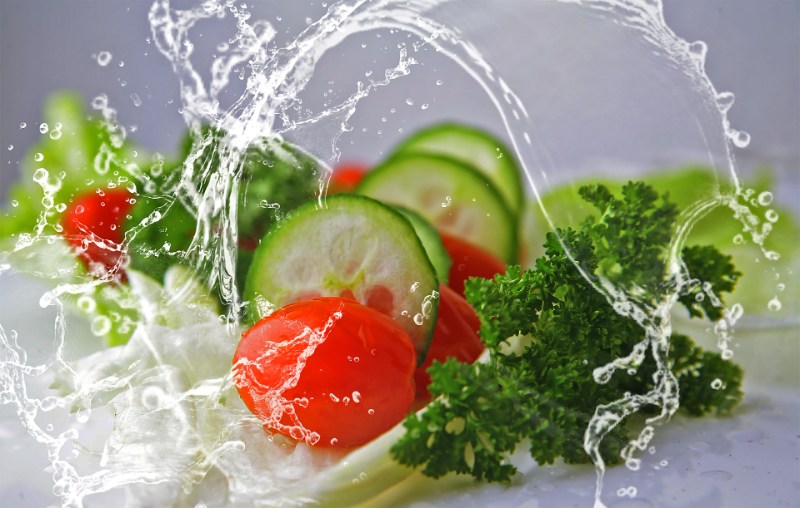As we age, the body loses its vitality due to low immunity, poor digestion, weak bones and muscles, and fatigue. Hence it is more important than ever to follow a healthy diet and get adequate exercise ‒‒ both are unquestionable parts of long-term elder care. A nutritious diet goes a long way in keeping your loved one hale and hearty.
Why is nutrition so important to aging?
Following a healthy dietary pattern and maintaining an active lifestyle form the cornerstone of elder care. The elderly are at greater risk of chronic diseases such as cardiovascular diseases, cancer as well as age-related metabolic syndromes like diabetes, osteoporosis, arthritis, high blood pressure or high cholesterol, etc. Good nutrition helps prevent chronic diseases and supports healthy aging. Besides, the use of various medications, and changes in metabolism have an impact on the nutrient needs of the elderly. Nutrition in the advanced years of life requires extra attention to maintain a healthy body and a sound mind to enjoy the golden years.

Tips for picking healthy food as you get older
A nutritious and balanced diet not only reduces the risk of chronic diseases but also helps boost the immune system. Following are a wide assortment of healthy food groups to get the most out of every bite while meeting your nutrient needs and reducing the risk of diseases. The key is to enjoy a variety of foods from each food group to create a nutritious meal plan.
Carbohydrates: Consume adequate amount of fiber-rich foods like fruits and vegetables, whole grains, and pulses to help in conditions like constipation, diabetes, and heart diseases.
Protein: Toned milk, egg whites, or paneer made from toned milk are a good source of protein; important for the repair of worn-out cells and tissues.
Calcium: Yogurt, cheese, and milk contain calcium, vitamin A, and vitamin D. Help maintain bone health and prevent fractures and osteoporosis.
Potassium: Potassium intake can help maintain blood pressure level and also help keep bones strong. Beans, lentils, vegetables, berries are good sources of potassium and minerals.
Water: Consuming water or fluids consistently throughout the day help prevent dehydration.

Healthy eating leads to happy and healthy aging. Getting a nutritious diet is an aspect of elder care one cannot afford to ignore. In order to eat a truly healthy diet, an elderly must:
- Consume small quantities of food at more frequent intervals
- Avoid energy-rich foods like sweets, fried or processed foods with preservatives
- Avoid carbonated and sugary drinks
- Reduce intake of sodium
While this is a helpful guide to elder care nutrition tips, do consult a professional nutritionist for your requirement. Senocare’s personalised senior care service is designed to promote happy and healthy aging with a focus on cooking and feeding nutrient meals, regular exercise, security and home maintenance, technology assistance, and more. Call us today at +91 8800 003 046 or email us at info@senocare.in for more details.


